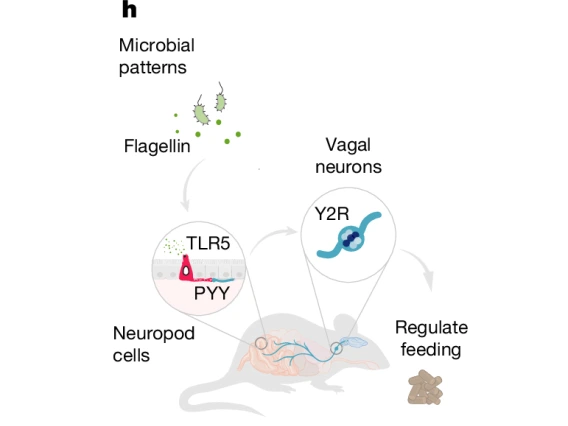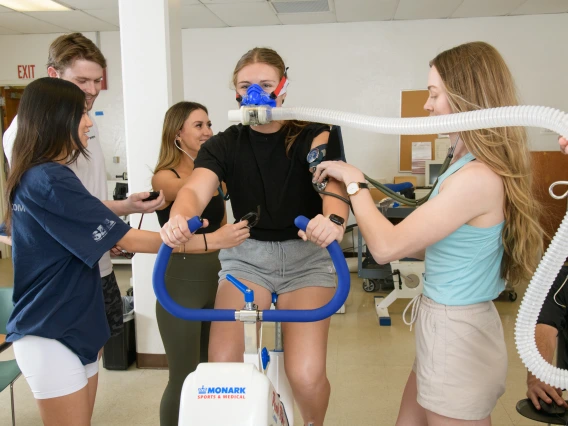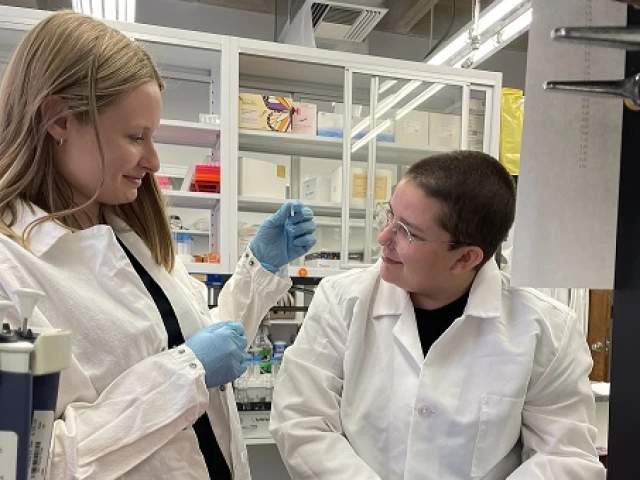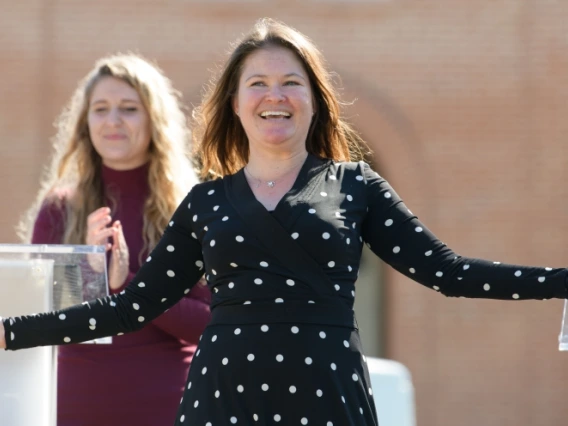Welcome to the Department of Physiology at the University of Arizona!
Nestled in the heart of the vibrant Tucson community, our department stands at the forefront of groundbreaking discoveries and innovative teaching methods that shape the future of healthcare and biomedical sciences.
Whether you are a student, a researcher, or a visitor, please explore our website and join us on a journey of discovery, learning, and innovation as we continue to push the boundaries of knowledge in physiology.
Welcome, and enjoy your exploration!
Explore all positions and shape the future of physiology with us.
Join our team and contribute to advancing the field of physiology!

News
Using AI to power real-world learning in physiology
AI is not treated as a novelty or a shortcut. Instead, Deparatment of Physiology instructors integrate it deliberately to support applied learning, strengthen clinical reasoning and require students to evaluate information critically. Together, these approaches reflect the department’s ongoing effort to prepare students for the demands of modern science and medicine.

Publication Highlights
What the gut is telling the brain
A study recently published in Nature by Physiology PI Maya Kaelberer describes a “previously unrecognized” sense that facilitates communication between the gut and the brain. Kaelberer has also been featured on the Science Talks podcast.
Read More

Major Grants
Patricia Thompson, PhD, Professor of Physiology at the UA College of Medicine - Tucson, has just received an award for over $10.1 million to fund her research on “University of Arizona Cancer Prevention Clinical Trials Network”. The grant award comes from the National Cancer Institute.

Awards
Monique Peña receives Wildcat award
Monique Peña, MEd, an academic advisor with the Department of Physiology, was selected as the Wildcat Achievement Award winner as part of the 2025 Student Success Awards. Read more about the award.

Research Spotlight
How do we breathe?
The Fregosi Laboratory studies how the motor neurons that control the muscles of the breathing develop, and how perinatal exposure to neurotoxins alters their normal development. Read more.

Student & Alumni Highlights
2026 Alumni of the Year honoree, Timothy Tuitan, MD
Timothy Tiutan, known as “Dr. Tim,” is a physician, educator and public health communicator who attended the University of Arizona earning honors and degrees in physiology and Spanish linguistics, before returning for his medical degree from the College of Medicine -Tucson. A researcher and national media contributor, Dr. Tuitan promotes evidence-based health information through traditional media and social platforms reaching nearly 2 million followers. Read more about 'Dr. Tim'
Explore all positions and shape the future of physiology with us
Join our team and contribute to advancing the field of physiology!

Undergraduate Program
Explore the wonders of the human body and its intricate functions with our highly-regarded Physiology & Medical Sciences program at the University of Arizona! Learn about our curriculum and how you can customize your degree to prepare for your unique career and professional school goals.

Graduate Programs
Unlock your potential and become a trailblazer in your field with the University of Arizona's Graduate Program. At the University of Arizona, physiologists are at the frontier of biomedical research. Our discoveries and techniques rapidly translate into clinical breakthroughs to treat and cure human diseases.

Faculty
Where Expertise Meets Inspiration: Our diverse and accomplished faculty at the University of Arizona are shaping minds and advancing knowledge to build a brighter future for all.

Alumni
Proud Alumni, Powerful Legacy: The University of Arizona's graduates are leaders, innovators, and change-makers, driving positive impact worldwide.
Physiological Sciences Student Forum
The University of Arizona's Physiological Sciences GIDP presents Daniel Chrisenberry and Dustin Jeffery as part of the Physiological Sciences Student Forum.
Join us in-person at 11 a.m. on Friday, March 6, 2026 in Arizona Health Sciences Center, Room 8403.
The lecture will also be available via Zoom.
Support Physiology at the UA!
Funds from private philanthropy and government and institutional grants support the Department of Physiology at the University of Arizona. While every source of funding is important, private philanthropic support is especially vital to the success of the department's research and teaching efforts.

